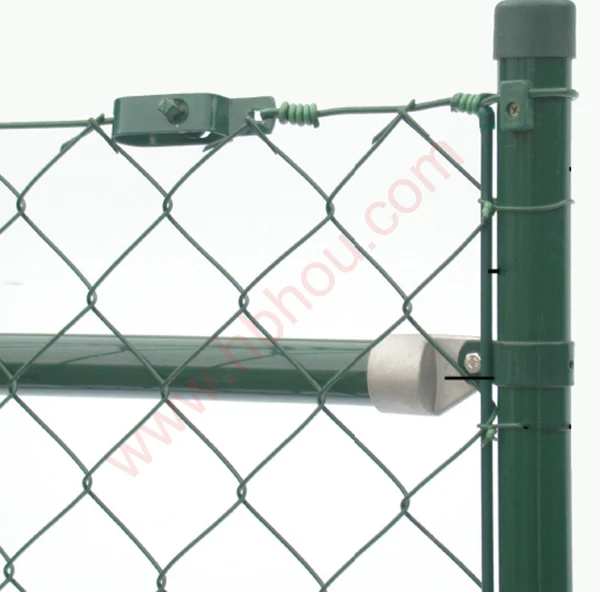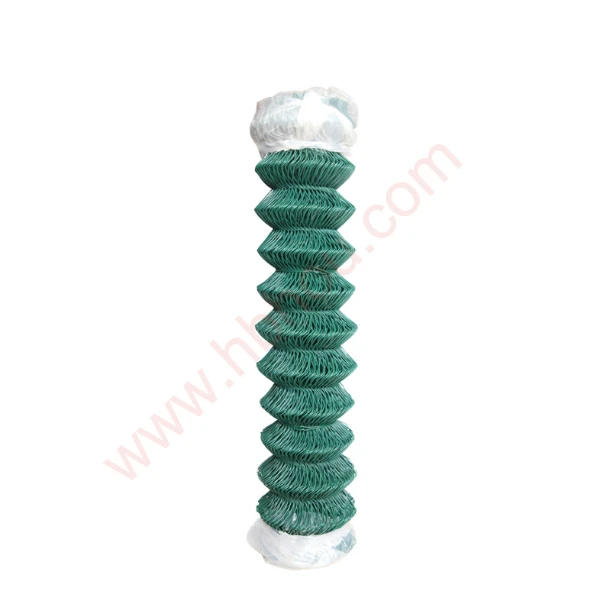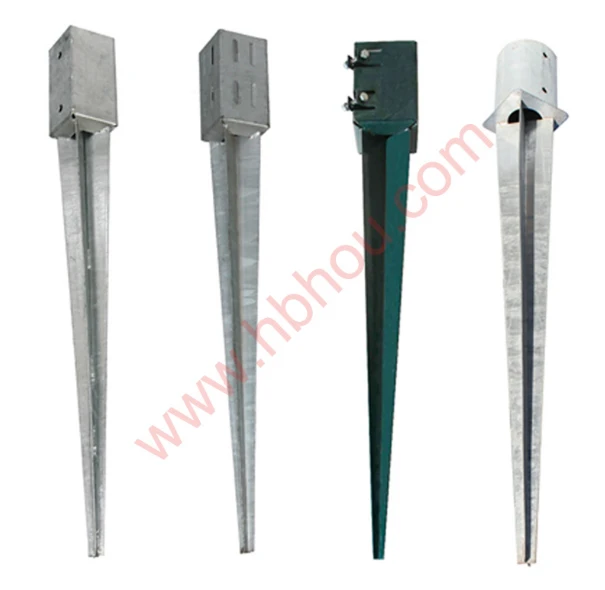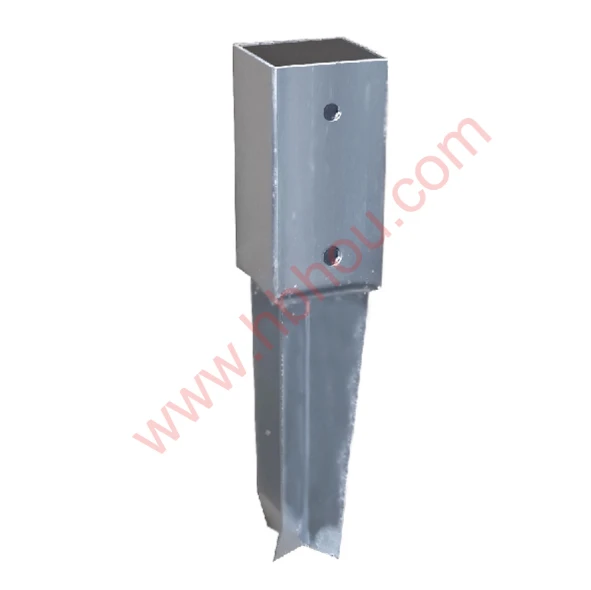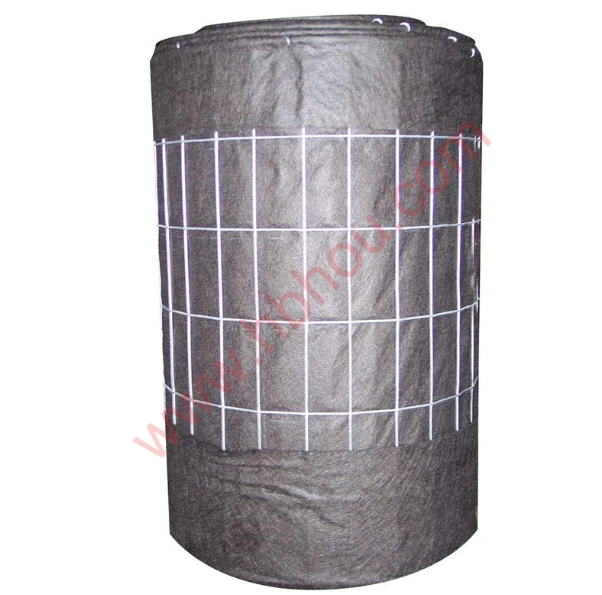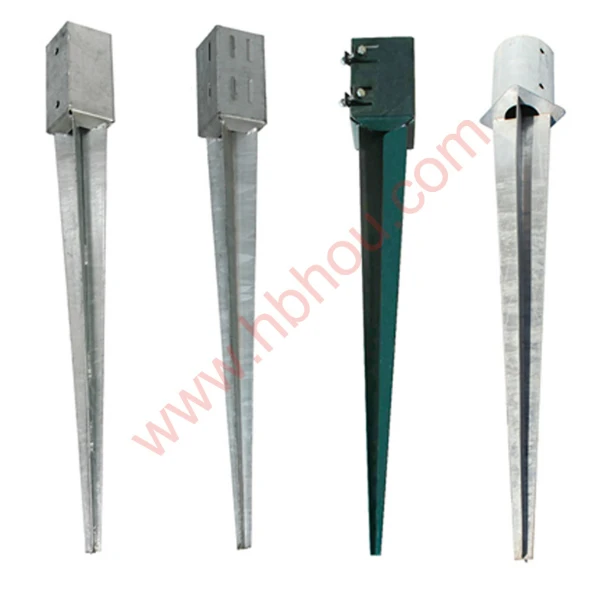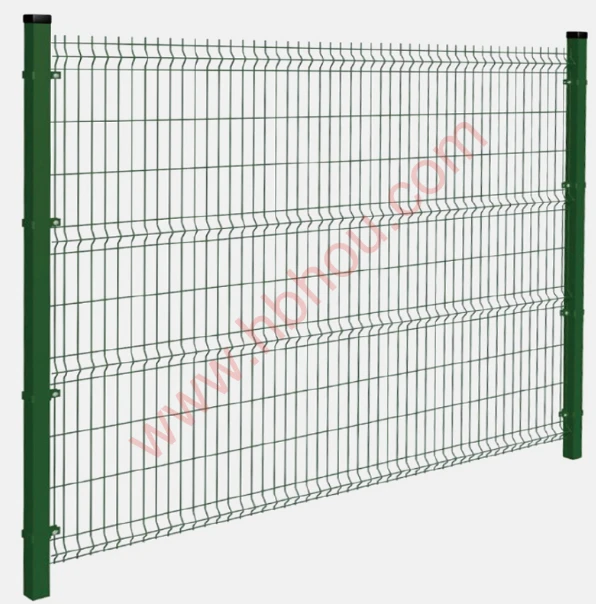Hardwood Plant Stakes Enhancing Plant Support and Growth
Gardening is a labor of love that entails plenty of planning, patience, and the right tools to ensure that everything blossoms beautifully. One such tool that many gardeners have come to rely on is hardwood plant stakes. These sturdy supports play a critical role in promoting healthy plant growth, providing structure and stability that can vastly enhance the quality of your garden. This article will delve into the benefits of hardwood plant stakes, their various applications, and tips for using them effectively.
Understanding Hardwood Plant Stakes
Hardwood plant stakes are made from deciduous trees, such as oak, maple, or cherry. These materials are denser and sturdier than softwood options like pine or cedar, giving hardwood stakes a unique longevity and resilience. While softwood may be more readily available and less expensive, hardwood offers unparalleled strength and durability, which can be crucial for supporting taller or heavier plants.
The natural properties of hardwood make these stakes particularly effective in various gardening contexts. The denser material allows for better anchoring in the soil, making them less likely to bend or break under the pressure of heavy plants or adverse weather conditions. Moreover, hardwood stakes are often less susceptible to rot and insect damage, particularly if they are properly treated or selected from inherently resistant species.
Benefits of Using Hardwood Plant Stakes
1. Stability and Support One of the primary functions of plant stakes is to offer physical support to plants. As plants grow, they can become top-heavy or otherwise unstable, especially when faced with factors such as wind, heavy rain, or even their own weight. Hardwood stakes can help keep your plants upright, allowing them to focus their energy on growth rather than struggling to maintain balance.
2. Promoting Healthy Growth With stability comes healthy growth. When plants receive adequate support, they are less likely to experience broken stems or stunted growth. Using hardwood stakes can help plants grow evenly and may even lead to better yields, especially with flowering plants and fruit-bearing vegetables.
hardwood plant stakes

3. Versatility Hardwood stakes are suitable for a variety of plants. They can be used with vegetables, flowers, and even trees. From supporting tomato plants—especially indeterminate varieties that can grow over six feet tall—to providing a base for climbing vines, hardwood stakes can be adapted to meet various gardening needs.
4. Eco-Friendly Choice Many gardeners are becoming increasingly mindful of sustainable practices. Hardwood stakes can be a more eco-friendly choice compared to plastic alternatives, as they are biodegradable and sourced from renewable resources. Additionally, using untreated hardwood reduces the risk of chemicals leaching into the soil, preserving plant health and environmental integrity.
Best Practices for Using Hardwood Stakes
To maximize the benefits of hardwood stakes, there are a few best practices to keep in mind. First, ensure that the stakes are driven deep enough into the ground to provide adequate support, especially for heavier plants. It’s generally recommended to bury them at least a third of their height in the soil.
Second, use ties that are gentle but firm to secure the plants to the stakes. Soft materials such as garden twine, cloth strips, or even specialized plant ties can help prevent damage to the plant stems while still providing necessary support.
Lastly, consider the height of the plant when choosing your stakes. Select stakes that are appropriately sized for the plants they will support, keeping in mind that some plants may need adjustments as they grow.
In conclusion, hardwood plant stakes are an essential tool for any serious gardener, offering stability, promoting healthier growth, and serving a variety of plants. By understanding their benefits and following some simple guidelines for use, you can ensure that your garden thrives and flourishes season after season.









